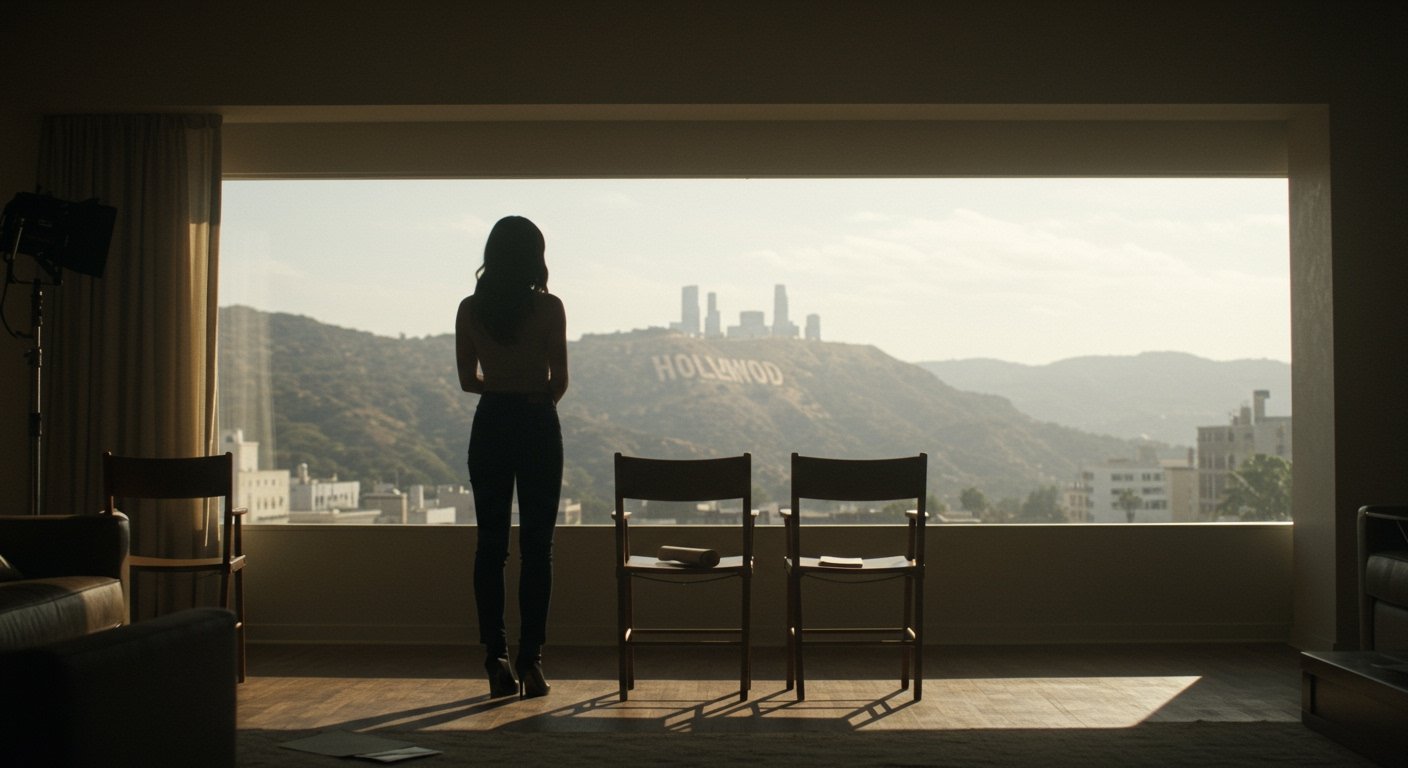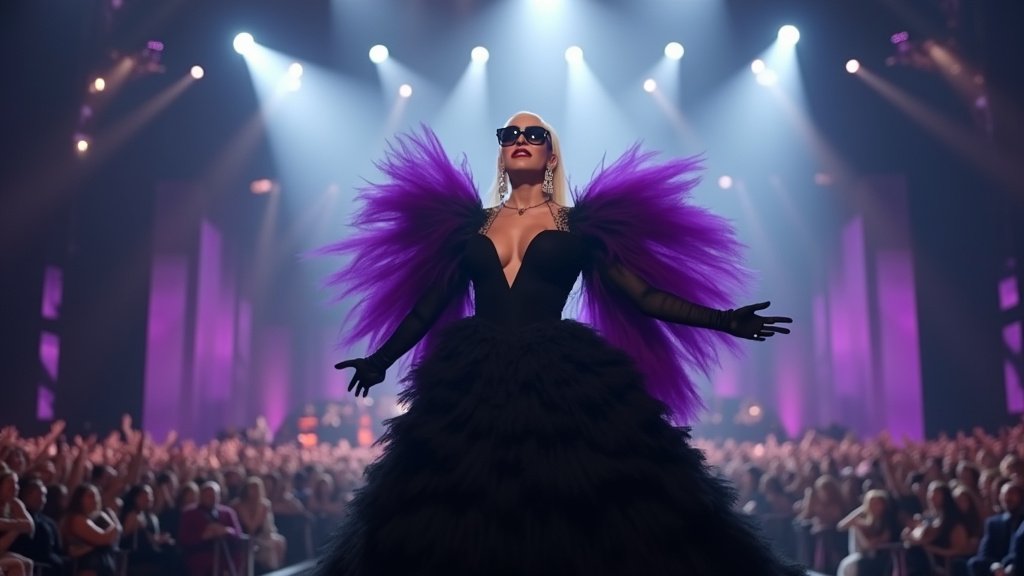Actress Molly Ringwald recently offered a candid perspective on her formative years as a child star in the 1980s, specifically addressing her complex relationship with the late acclaimed director John Hughes. Speaking on Monica Lewinsky’s podcast, “Reclaiming,” on Wednesday, March 12, 2025, Ms. Ringwald described her experience of being Hughes’s muse as “peculiar,” shedding light on the unique dynamics of their collaboration during a pivotal era in teen cinema.
Ms. Ringwald starred in several of Hughes’s most iconic films, works that defined a generation and solidified her status as a cultural touchstone. These include “Sixteen Candles,” released in 1984, “The Breakfast Club,” and “Pretty in Pink.” Her roles in these films often placed her at the center of narratives exploring adolescent life, love, and angst, resonating deeply with audiences then and now.
The Dynamics of a Director-Muse Relationship
The discussion on the “Reclaiming” podcast delved into the intricacies of being a young actor working closely with a dominant creative force like Hughes. Ms. Ringwald was just 15 years old when she filmed “Sixteen Candles,” her breakout role under his direction. Hughes, at the time, was in his 30s. This age difference, coupled with the intense collaborative environment of filmmaking, created a dynamic that Ms. Ringwald now, with the benefit of adult perspective, finds “peculiar.”
She elaborated on the podcast that while the creative partnership was immensely fruitful in terms of the resulting films, navigating the power imbalance and the nature of being perceived as a muse as a minor presented unique challenges she is still processing years later. The conversation explored how such relationships, while not necessarily malicious in intent, can be inherently complex and require careful re-evaluation through a contemporary lens that is more attuned to age differences and professional boundaries.
Revisiting Content Through a Modern Lens
Ms. Ringwald’s reflections were not entirely new territory for her public commentary. She referenced her powerful 2018 essay published in The New Yorker, where she first publicly addressed certain aspects of Hughes’s scripts that she found problematic or inappropriate upon re-watching the films as an adult and a mother. That essay sparked significant discussion about how classic films hold up in the #MeToo era and how we reckon with the potentially uncomfortable elements within beloved cultural artifacts.
On the podcast, she reiterated concerns about specific scenes, notably mentioning a scene in “The Breakfast Club” involving an upskirt shot of her character, Claire. Ms. Ringwald highlighted that a body double was used for this particular shot precisely because she was a minor at the time of filming, a detail that underscores the complex ethical considerations surrounding the portrayal of young actors in cinema, even decades ago. The fact that such a shot was included, necessitating a double due to her age, is one of the elements that contributes to her ongoing critical evaluation of the material.
Processing the Child Star Experience
Beyond the specific relationship with Hughes, Ms. Ringwald also discussed the broader experience of growing up in the spotlight during the 1980s. The pressures of fame, the intensity of film production, and the unique challenges faced by young people in the entertainment industry were topics touched upon.
She stated on the podcast that she is “still processing” the entirety of her experience as a child star. This suggests that the impact of those formative years, shaped by intense professional demands and unique relationships like the one with Hughes, is a matter of ongoing reflection and understanding for her. Her willingness to speak openly about these experiences contributes to a wider conversation about the responsibilities of the film industry towards its youngest talents and how the legacies of creators and their works are viewed through evolving societal norms.
Ms. Ringwald’s appearance on “Reclaiming” serves as a significant moment in her continued public dialogue about her past, prompting audiences and critics alike to reconsider the films that shaped a generation and the human stories, both on and off screen, behind their creation.










